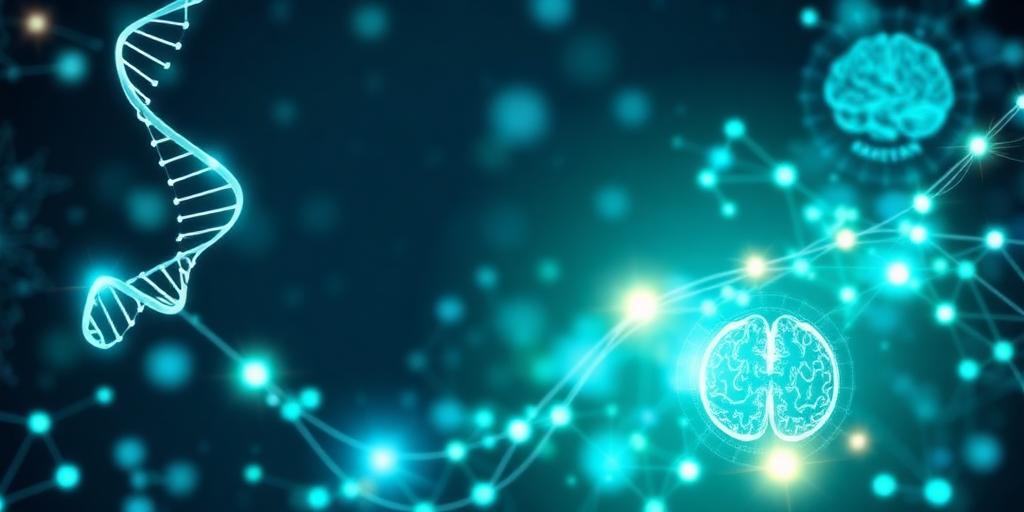The healthcare industry stands at the precipice of a profound transformation, driven significantly by the relentless march of data science. No longer a peripheral analytical tool, data science is now a fundamental pillar, reshaping patient care, operational efficiencies, and the very landscape of medical innovation. This evolution heralds an era where insights derived from vast datasets will define the future of healthcare delivery.
The Ubiquity of Healthcare Data
Healthcare generates an unprecedented volume of data daily—from electronic health records (EHRs) and genomic sequencing to wearable device data and clinical trial results. Harnessing this deluge of information is beyond traditional analytical methods. Data science, with its advanced algorithms, machine learning models, and statistical prowess, provides the essential framework for extracting actionable intelligence from this complex, heterogeneous data. The future of healthcare data science hinges on our ability to integrate and interpret these diverse streams effectively.
Pivotal Applications Driving Innovation
The impact of data science permeates nearly every facet of healthcare, offering capabilities that were once the realm of science fiction:
Precision Medicine and Personalized Treatments
One of the most transformative applications lies in precision medicine. By integrating genomic data, lifestyle factors, environmental exposures, and medical history, data science enables the development of highly personalized treatment plans. This moves beyond the 'one-size-fits-all' approach, leading to therapies optimized for individual patient responses and significantly improved outcomes. Understanding individual patient data to tailor care is a cornerstone of this future.
Predictive Analytics for Proactive Care
Predictive analytics, powered by data science, allows healthcare providers to identify patients at high risk for certain conditions, anticipate disease outbreaks, or even predict hospital readmissions. This proactive approach shifts the paradigm from reactive treatment to preventative intervention, optimizing resource allocation and saving lives. Early identification through predictive analytics healthcare models is becoming indispensable.
Optimizing Operations and Reducing Costs
Beyond clinical applications, data science is instrumental in streamlining healthcare operations. It can optimize staffing levels, manage supply chains more efficiently, reduce administrative burdens, and identify areas of wasteful spending. By enhancing operational efficiency, healthcare systems can redirect resources towards patient care and innovation, thereby making healthcare more accessible and affordable.
Accelerating Drug Discovery and Development
Drug discovery is notoriously time-consuming and expensive. Data science, particularly AI in medical diagnostics and drug research, can significantly accelerate this process. Machine learning algorithms can identify potential drug candidates, predict their efficacy and toxicity, and analyze vast scientific literature to uncover novel therapeutic pathways. This promises faster development of life-saving medications.
Revolutionizing Medical Imaging and Diagnostics
Artificial intelligence (AI), a subset of data science, is revolutionizing medical imaging. AI models can detect subtle anomalies in scans (X-rays, MRIs, CTs) with greater speed and accuracy than the human eye, assisting radiologists in early diagnosis of conditions like cancer or neurological disorders. This advanced AI in medical diagnostics enhances diagnostic precision and reduces diagnostic errors.
Navigating the Challenges Ahead
Despite its immense potential, the journey of data science in healthcare is not without its hurdles. Key challenges include data privacy and security (HIPAA compliance), the interoperability of disparate healthcare systems, the ethical implications of AI, and the critical shortage of skilled data scientists with domain expertise. Addressing these issues through robust regulatory frameworks, standardized data protocols, and dedicated educational programs is paramount for realizing the full promise of this technology.
The Strategic Imperative for Tomorrow's Healthcare
The future of data science in the healthcare industry is bright, promising a patient-centric, efficient, and highly effective medical ecosystem. For healthcare organizations, investing in data science capabilities, fostering a data-driven culture, and prioritizing data literacy will not merely be an advantage but a strategic imperative. Collaborative efforts between technologists, clinicians, and policymakers will be essential to navigate the complexities and unlock the full potential of this transformative field. The era of intelligent healthcare is not merely approaching; it is here, and data science is its guiding principle.









